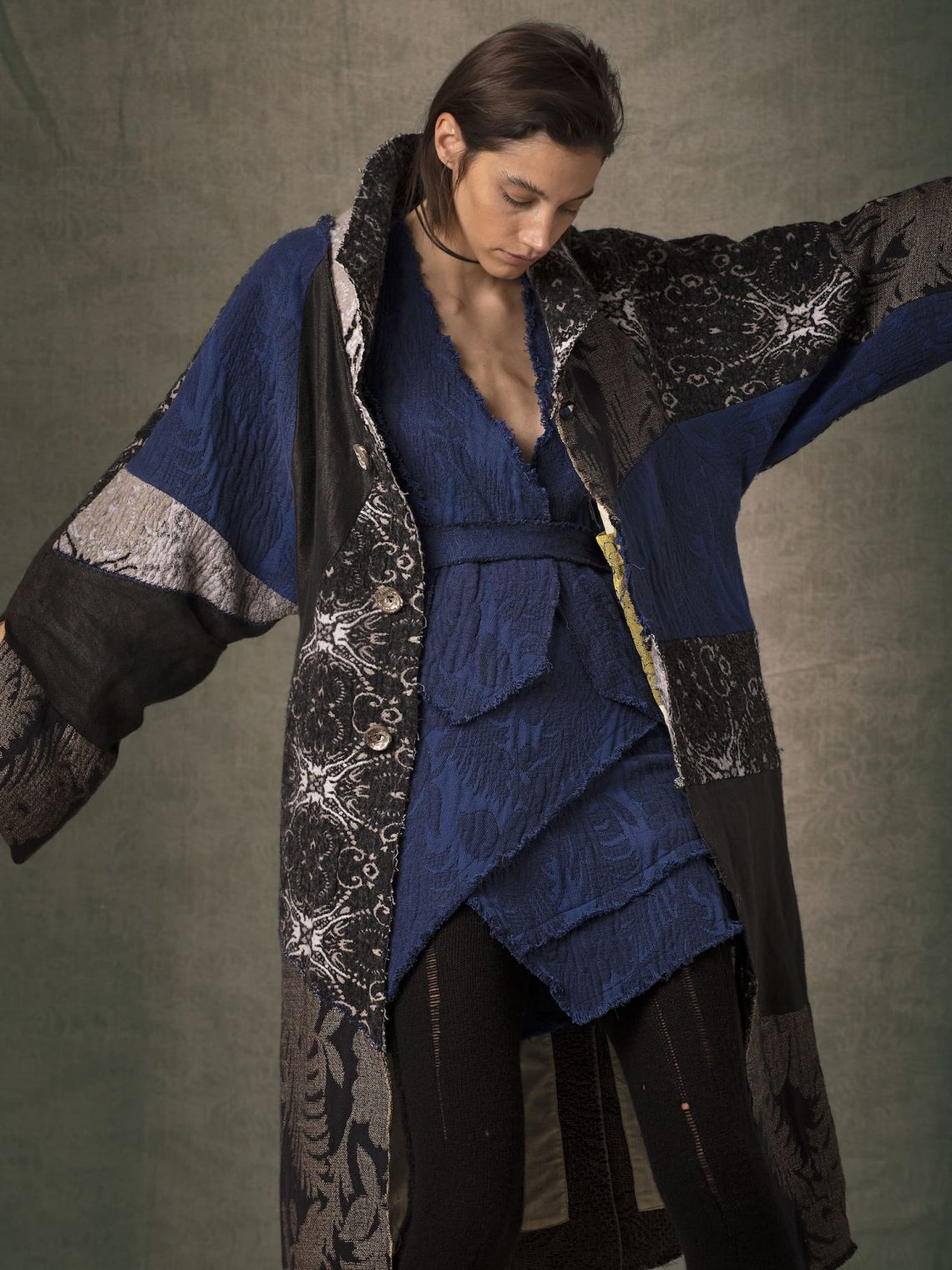Sustainable and ethical fashion consists in sourcing local materials that are environmentally friendly and manufactured following a socially just code of conduct. Moreover, slow fashion combines these elements with a special sensibility towards traditional, hand-crafted garments that are made to last a lifetime.
Why Fast Fashion is “So Last Year”
Most mainstream fashion brands in recent years have been far from sustainable. Fast fashion, as most people call it, is the idea of providing cheap clothes that can be used for just one season and then thrown away. Fast fashion relies on outsourcing production to third-world countries that do not follow the same working and pollution regulation as western countries, thus allowing companies to keep prices low and promoting heavy rotations of your wardrobe, following an ever-faster spiral of consumerism. These policies have a series of nefarious effects that go far beyond the realm of fashion:- Poor working conditions;
- Harmful chemicals dispersed into the environment;
- Quantity over quality of garments;
- Enormous CO2 emissions;
- Unsold textile waste
The Perks of Sustainable Fashion
Ethical and sustainable fashion is an approach to sourcing, manufacturing, and designing clothing that maximizes benefits to the industry and society at large while minimizing environmental impact. The two concepts are apparently overlapping, but they each have slightly different concerns, both of which are equally important. Sustainable fashion refers primarily to things that have to do with the environment:- How textiles are produced
- What materials are used
- What working/environmental standards are followed (e.g the Fair Trade businessmodel)
- Whether the materials are upcycled and/or recycled.
- How the textiles are packaged and whether recycled / recyclable materials are usedfor packaging
- Whether they use energy-saving initiatives
- How pollutants are managed and treated







